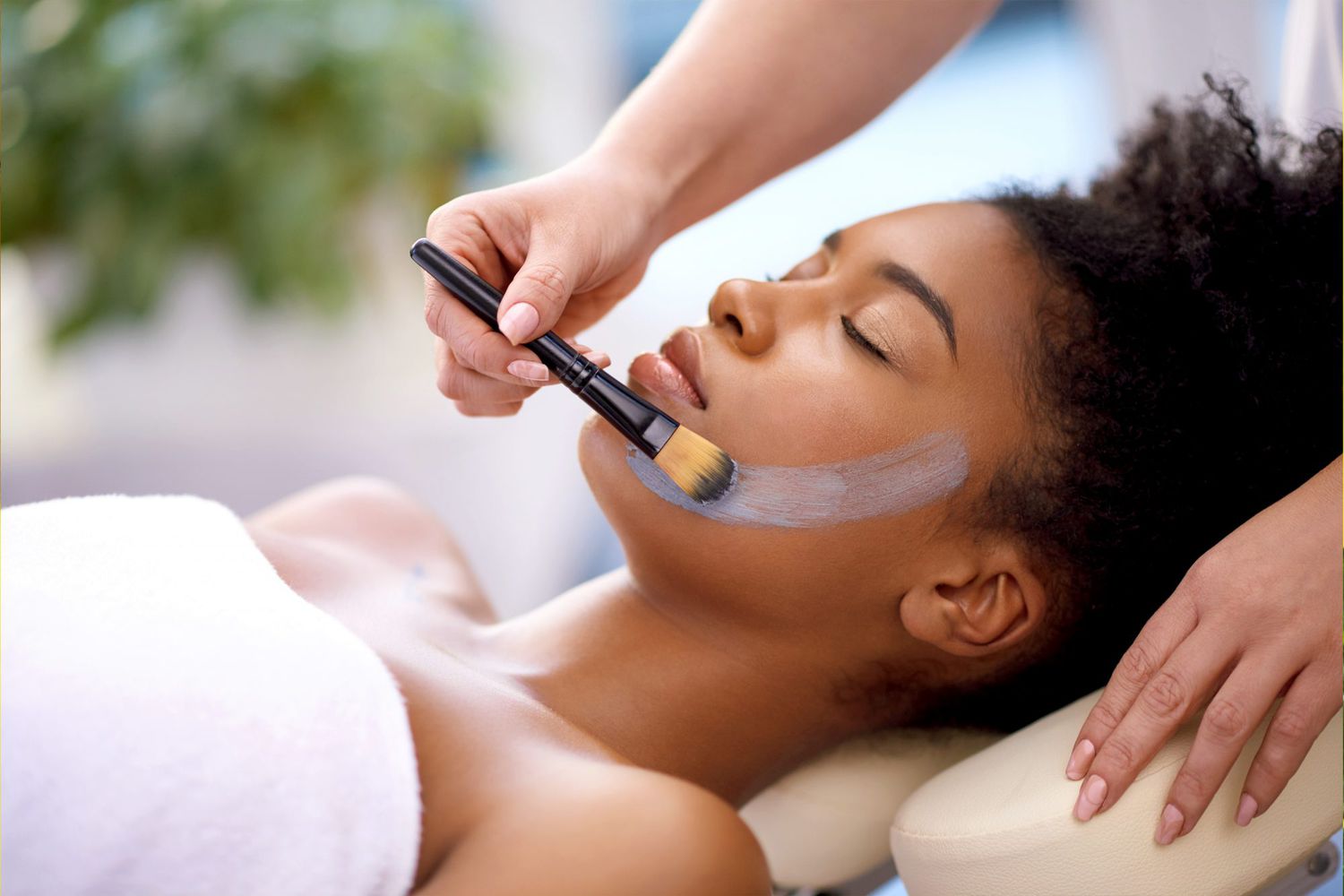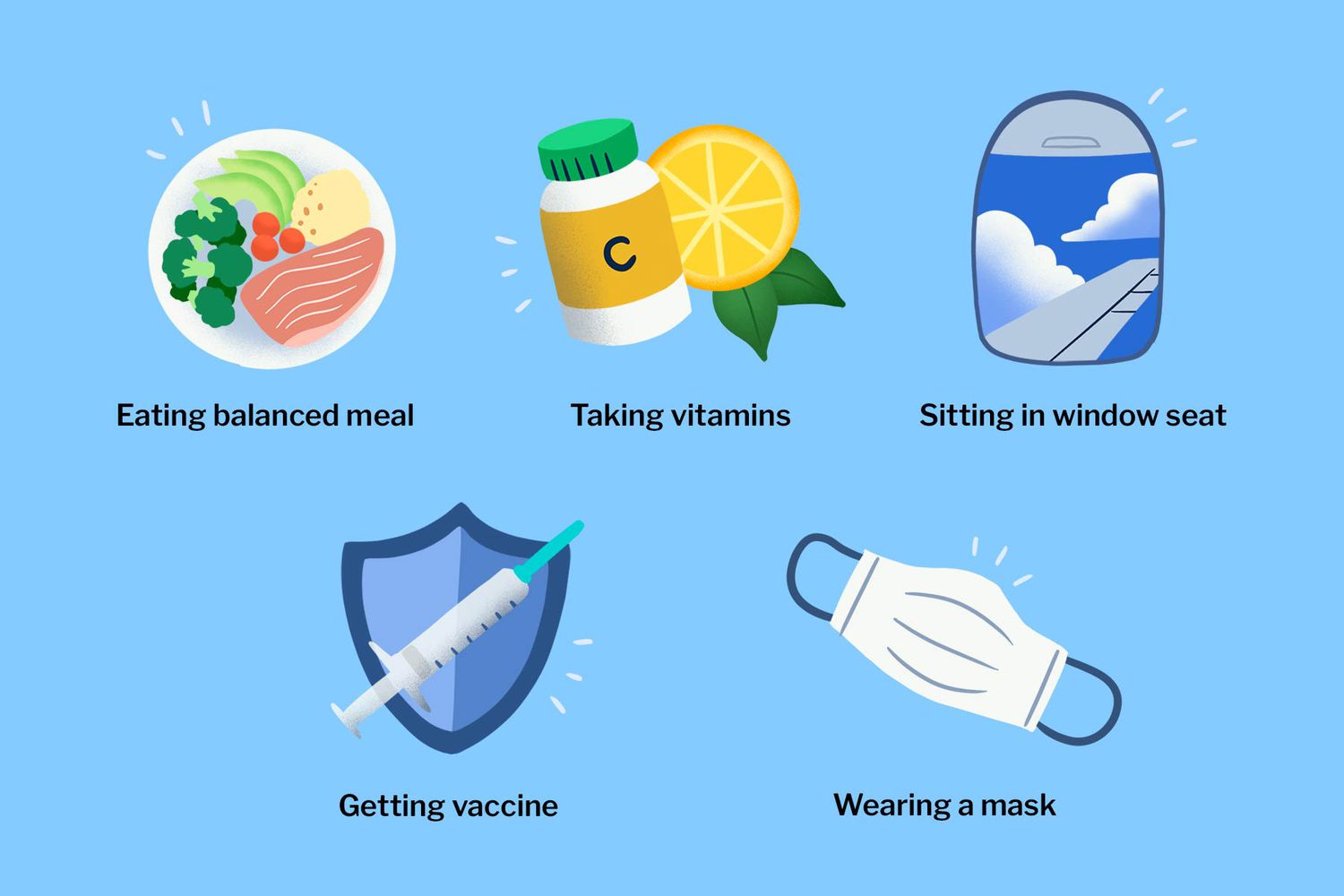That means they aren’t going to spend time and money tinkering with various flower scented creams, finger through a range of dainty tubes, jars and bottles with exotic and cryptic names, or try and keep track of which lotion goes on before which cream, and whether to lather, tone, peel, spritz, or scrub (sorry, I meant exfoliate).
In short, skin care just isn’t what masculine guys are about – and that’s the way they plan on keeping it, despite the beauty industry’s best efforts to pitch them girly product after product, in combination with public relations campaigns to help men discover their inner feminine sensitivities, as if masculinity is a handicap.
And that begs the question: why does the Beauty Industry hate men so much?
That is, why doesn’t the beauty industry reach out and connect with the masses of masculine menout there who aren’t responding to artsy fartsy product offerings and sensitivity training campaigns – and never will?
Through my in-depth research on this fascinating question, I’ve uncovered two reasons for this glaring problem. I refer to them as the “physical barrier” and the “psychological barrier.”
The Physical Barrier
Inexplicably (and some might say obnoxiously, as well) the beauty industry doesn’t want to admit that masculine men are…men. That’s why they’ve expanded so many resources to establish a stronghold in traditional beauty venues that cater to women. Such as those rows of gleaming department store “beauty counters” – and they aren’t going to change that setup in order to make the shopping experience more comfortable and inviting to masculine men.
Drug stores and discount retailers aren’t much better. While they don’t have the department stores’ ever-present glossy “beauty consultants” hovering around, the men’s section (if there is one at all) offers paltry few options – most if not all of which are what the beauty industry considers to be basic skincare and “low-end” anti-aging products. For men who are determined to find more advanced skincare and anti-aging products – even if it meant braving the women’s section, they are faced with multiple aisles and a dizzying array of skincare products, each with its own set of hyperbolic claims – making shopping for the right products and making sense of them all, frustrating, to say the least.
Basically, as far as the beauty industry is concerned, if masculine men want to take care of their face and want the best products to do it, not because they’ve responded to the female sensitivity training and want to look “pretty”, but so that they can gain a competitive advantage and maintain a more youthful and vibrant appearance…well, that’s just too bad for them! Masculine men either take what the traditional beauty shopping experience offers, or leave it. And to no one’s surprise, they’re leaving it.
The Psychological Barrier
Because the beauty industry is doing such a horrendous job of reaching men, naturally – they’re doing just as bad a job educating men about the need, value and proper use of men’s skincare products. And that ongoing ignorance – which is the fault of the beauty industry – perpetuates the stereotype and stigma attached to a man’s use of skincare and anti-aging products.
We all know what that stereotype is: beauty and anything related to its maintenance is an exclusively feminine ritual – and any man who uses such products is somehow less of a man. In other words, the stereotype emasculates men. This alone is enough to prevent masculine men from going anywhere near so-called “beauty products” in the first place.
And the tiny portion of masculine men who do break this barrier, because they care about their appearance, are forced to hide this fact – because they’ll be mocked by their peers, and all too often, their girlfriends or wives are under strict orders never to divulge this closely guarded secret.
So What’s Behind These Barriers?
As alluded to above, the force that keeps these barriers in place, the force that alienates, emasculates and insults masculine men – is the beauty industry’s position that there’s just no need to pay attention to masculine men, because 70% of men’s skin care products are purchased by women anyway. And so they simply use everything they’ve learned from their women’s lines, from product to marketing, as a blueprint for reaching men. After all, if a woman like what she sees, she’ll buy it and take it home to the man.
So that means the packaging, the marketing, and everything else in-between is geared toward women. Men aren’t really on the radar screen any more. They aren’t that important, now that the beauty industry has decided that the more effective and fastest way to get through to men, is by sneaking around his back to the women in his life. You know how it is – convince her that he needs it and thereby get her to do the beauty industry’s bidding (or nagging) for them.
Is this contemptuous of men? Utterly! Is this disrespectful to men? Entirely! Is this necessary? Absolutely Not!
Changing the Paradigm
The challenge here is to break these physical and psychological barriers, and reverse a lifetime of social conditioning and stigma attached to a skincare routine for men. We need to respect the fact that there is a population out there – the masculine man, the manly man, the man’s man, the guy’s guy and the real men – who aren’t getting a fair deal by the beauty industry. In fact, they’re being woefully disrespected and treated with contempt. That has to change.
For far too long, the beauty industry has been trying to change men, as if there is something wrong with them. It’s time the beauty industry wakes up to reality – it’s the Beauty Industry that needs to change.
And, like all real change, it has to start from the root – that is, from within the beauty industry itself, where the problem lies, but what does this mean in practical terms?
Simply and clearly, it means creating masculine face care products that target men on their terms – by working with their nature, speaking their language, respecting their needs, and serving their interests. It also means developing authentic and powerful marketing and advertising strategies, tactics and campaigns that are designed, from the ground up, to target masculine men.
So say goodbye to artsy fartsy terms like “serum” and say hello to masculine, powerful terms like “protectant.” Say goodbye to retail channels that cater to women, and say hello to retail channels that cater to men. And not just any men – Masculine Men.
The Final Word
Changing the way people think and act is an uphill challenge. The traditional beauty industry isn’t interested in changing the way it does business. It’s a multi-billion dollar industry that has blueprints in place, and if that means that masculine men are treated like they don’t even exist…so what? They’ve been doing things a certain way for decades. Why change now?
Well, here’s why: because masculine men are powerful and yet staggeringly under-served demographically. Masculine men have a right to enjoy all of the benefits that come from taking care of the masculine face, for a more youthful and vibrant appearance, for an extra edge in an ultra-competitive workplace, and more confidence and charisma. And they have a right to be treated with respect by ALL in the beauty industry who make, market and distribute men’s skincare and anti-aging products.


